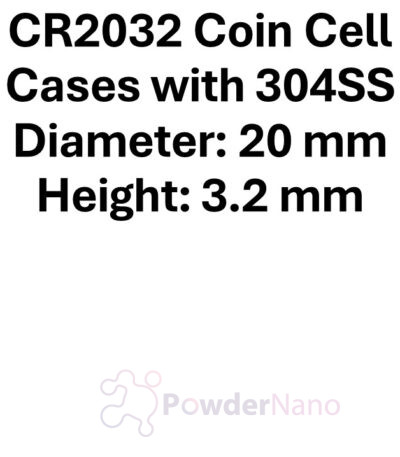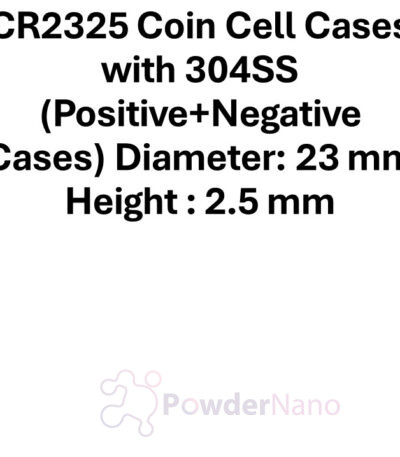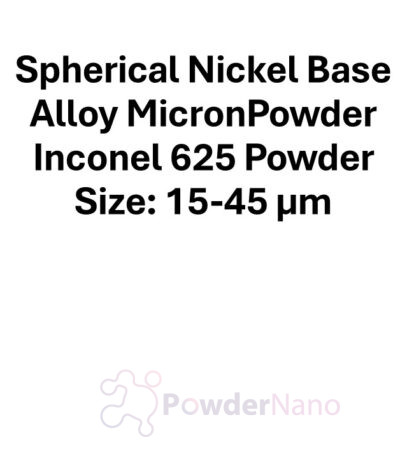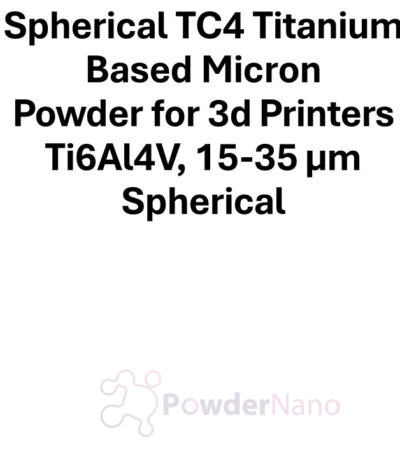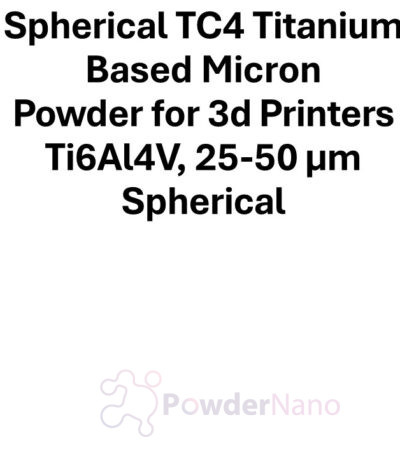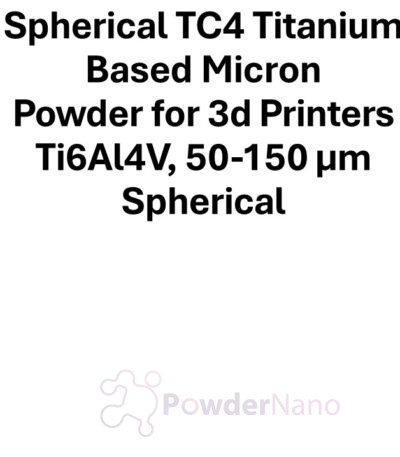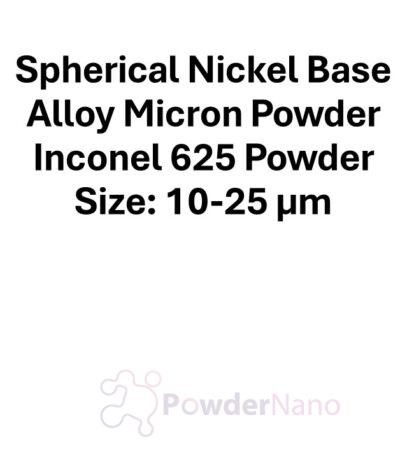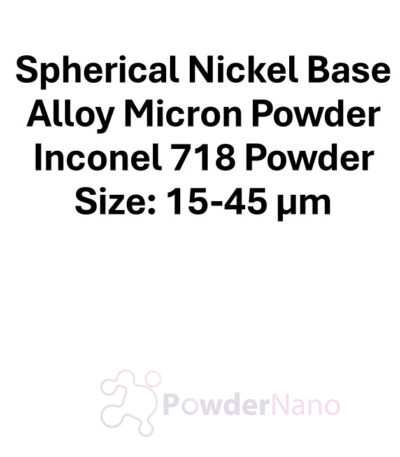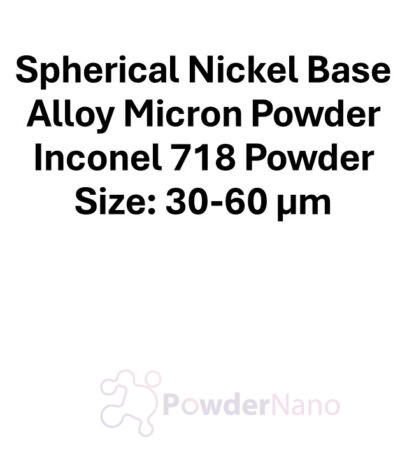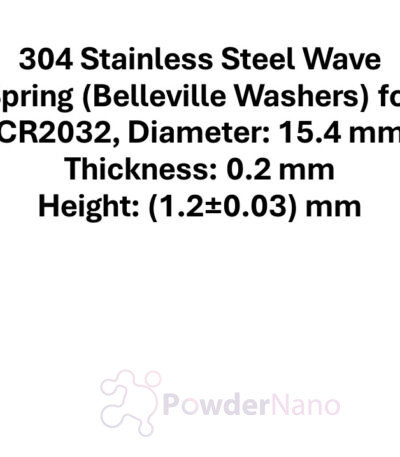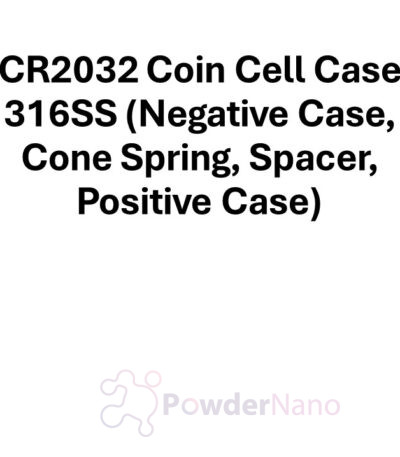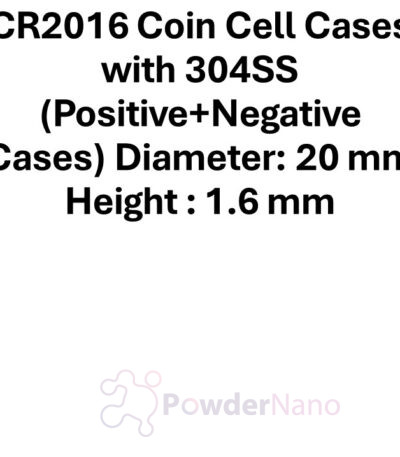Technical Specification:
- Material Composition:
- Material: 304 Stainless Steel (304SS).
- High corrosion resistance and mechanical durability.
- Non-reactive with lithium-ion electrolytes and electrode materials.
- Material: 304 Stainless Steel (304SS).
- Physical Dimensions:
- Outer Diameter: 20 mm (standard size for CR2016 coin cells).
- Height: 1.6 mm (total height of assembled case).
- Thickness: Optimized to balance strength and weight.
- Components:
- Positive Case:
- Acts as the top cover and connects with the cathode (positive terminal).
- Negative Case:
- Serves as the base of the coin cell and connects with the anode (negative terminal).
- Positive Case:
- Surface Properties:
- Polished Finish: Smooth surface for enhanced sealing and uniform contact with internal components.
- Corrosion Resistance: Protects against oxidation and chemical degradation from exposure to electrolytes.
- Mechanical Properties:
- Strength: Withstands compressive forces during assembly.
- Precision Fit: Ensures secure assembly of internal components for consistent performance.
- Thermal Stability:
- Operating Temperature Range: Performs reliably between -20°C to 60°C.
- Tolerates elevated temperatures during formation or high-temperature testing processes.
- Compatibility:
- Compatible with standard CR2016 components such as electrodes, separators, spacers, and gaskets.
- Suitable for use with various battery chemistries, including lithium-ion and solid-state configurations.
Applications:
- Primary Applications:
- Coin Cell Assembly for Lithium-Ion Battery Research:
- Used in laboratories for testing and evaluating new battery materials, such as advanced cathodes, anodes, and electrolytes.
- Coin Cell Assembly for Lithium-Ion Battery Research:
- Industries:
- Battery Research and Development:
- Essential for prototyping and analyzing the performance of lithium-ion and solid-state batteries.
- Consumer Electronics:
- Used in commercial production of CR2016 coin cells for devices like remote controls, medical devices, and sensors.
- Energy Storage Development:
- Supports advancements in compact energy storage systems and novel material research.
- Battery Research and Development:
- Advantages for Applications:
- Corrosion Resistance:
- Prolongs the lifespan of the case in chemically aggressive environments.
- Dimensional Precision:
- Ensures reliable assembly and consistent performance in experimental setups and production.
- Reusable:
- Durable enough for repeated use in laboratory research, reducing costs.
- Wide Compatibility:
- Works with various materials and configurations, enabling versatile applications.
- Corrosion Resistance:
- Specialized Uses:
- Solid-State Battery Prototyping:
- Ideal for testing solid electrolytes and lithium-metal configurations in compact formats.
- High-Voltage Material Testing:
- Suitable for cathodes operating at high voltages (>4.2 V).
- Custom Experimental Configurations:
- Supports tailored research setups for advanced material studies.
- Solid-State Battery Prototyping:
- Challenges and Mitigation:
- Sealing Precision:
- Improper assembly can lead to electrolyte leakage or poor contact.
- Solution: Use quality gaskets and ensure precise assembly techniques.
- Improper assembly can lead to electrolyte leakage or poor contact.
- Material Fatigue:
- Prolonged use or mishandling may deform the cases.
- Solution: Inspect and replace cases periodically in high-use environments.
- Prolonged use or mishandling may deform the cases.
- Sealing Precision:
Summary:
The CR2016 Coin Cell Case (304 Stainless Steel), with dimensions 20 mm diameter and 1.6 mm height, is a reliable and durable component for lithium-ion battery assembly. Its corrosion resistance, thermal stability, and precision manufacturing make it ideal for both research and commercial applications. Whether for developing solid-state batteries or producing compact power sources for consumer electronics, these cases provide consistent and dependable performance.
